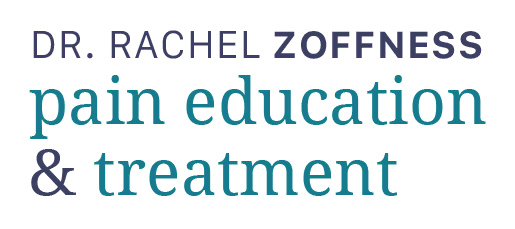• The
Pain Management Workbook • The Chronic Pain & Illness Workbook for Teens• CBT for Chronic Pain Therapist Manual (Murphy)
•
Learning About Managing Pain, B. Thorn
• Pain: The Science of Suffering, by P. Wall
• Why Do I Hurt, by A. Louw
• Explain Pain, by Butler & Moseley
• The Explain Pain Handbook, by Butler & Moseley
• Managing Pain Before it Manages You, by M. Caudill
• Managing Chronic Pain: A CBT Approach, by J. Otis
• Chronic Pain & Opioid Management: Strategies for Integrated Treatment by J. Murphy
• Make Health Happen, E. Peper
• Biofeedback Mastery, E. Peper
• Overcoming Insomnia: A Self-Help Guide Using Cognitive Behavioral Techniques
• Quiet Your Mind and Get to Sleep: Solutions to Insomnia for Those with Depression, Anxiety, or Chronic Pain (Carney)
• Say Goodnight to Insomnia (Espie)
•
Chronic Pain Won't Stop Me, by T. Bowen
• CBT for Chronic Pain in Children and Adolescents, by T. Palermo
• Treating Somatic Symptoms in Children and Adolescents, by Williams & Zahka
• The Body Keeps the Score, B. van der Kolk
• Saving Normal, by A. Frances
• The Brain That Changes Itself, by N. Doidge
• Drug Dealer MD, by A. Lembke
• Why Zebras Don't Get Ulcers, by R. Sapolsky

